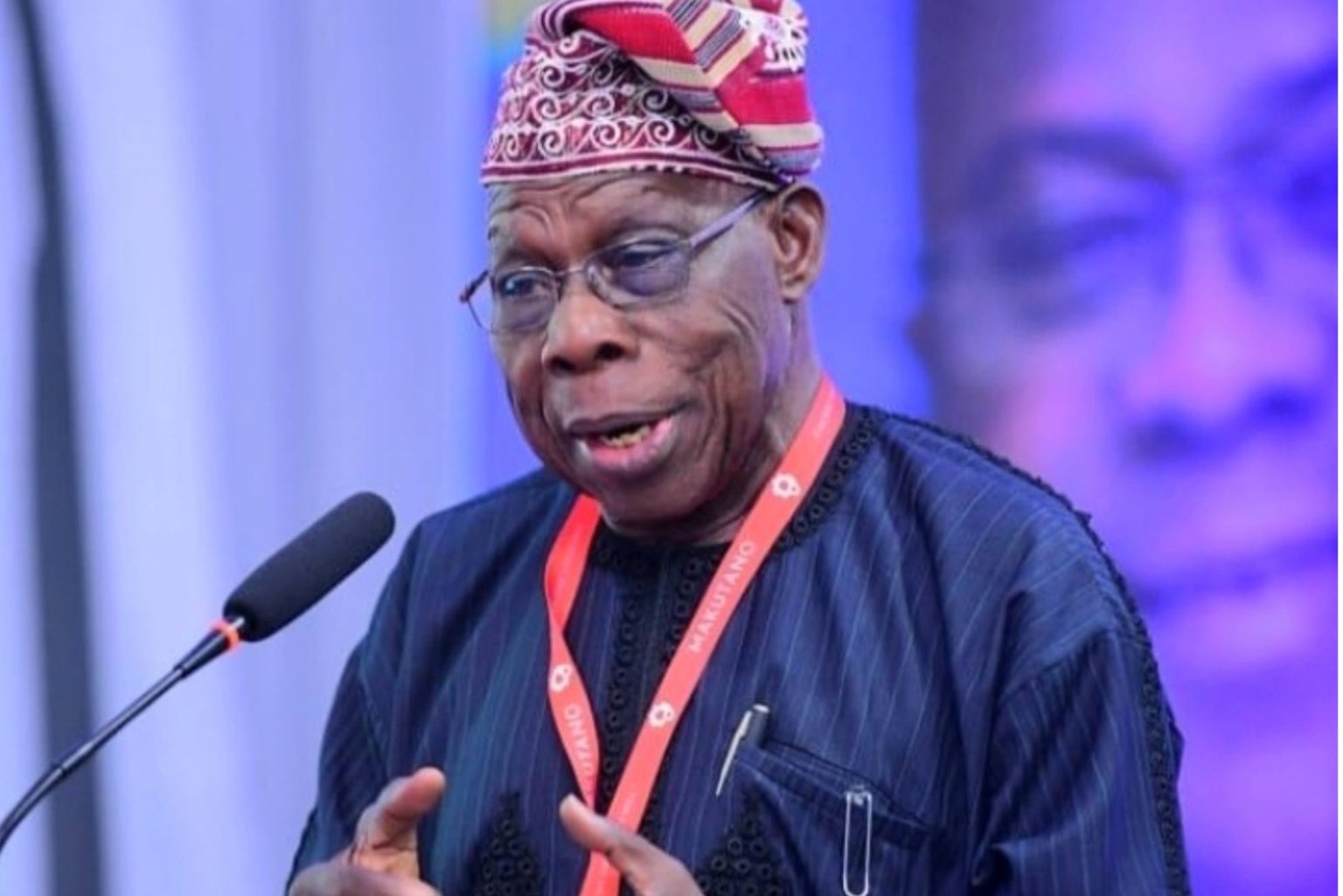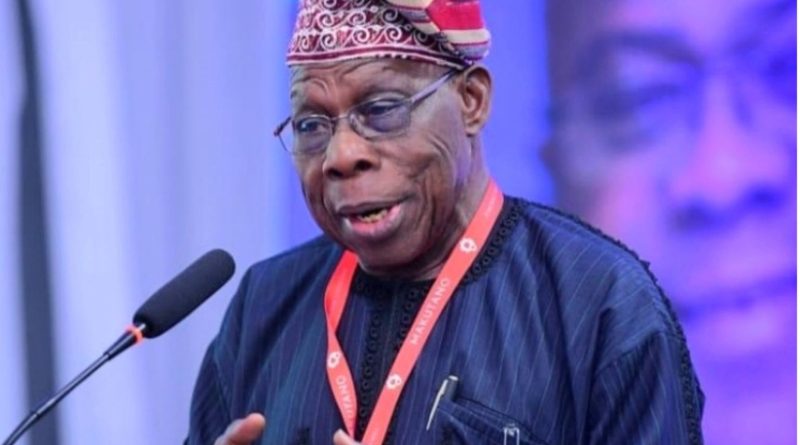Why I Rejected The Idea To Make El-Rufai My Successor – Obasanjo

Olusegun Obasanjo, a former President of Nigeria, has disclosed that he once turned down a suggestion to back former Kaduna State Governor, Nasir El-Rufai, as his successor when his presidency ended in 2007.
Obasanjo, on Friday, said he rejected the idea because he believed El-Rufai was not yet mature enough to handle the responsibilities of leading the country.
El-Rufai, who served under Obasanjo’s administration first as Director-General of the Bureau of Public Enterprises and later as Minister of the Federal Capital Territory, was among the prominent figures in his cabinet between 1999 and 2007.
Speaking during the second edition of the Ajibosin Platform Annual Symposium in Abeokuta, Ogun State, Obasanjo disclosed that former Minister of Aviation, Osita Chidoka, recommended El-Rufai as his potential successor.
Chidoka, who was the keynote speaker at the event, earlier recounted how El-Rufai introduced him to Obasanjo at the age of 34 — an encounter that eventually led to his appointment as Corps Marshal of the Federal Road Safety Corps.
Interrupting Chidoka’s presentation, Obasanjo reminded the audience of a detail he had left out.
“Let him tell you. He didn’t mention that. He was pushing when I was leaving government that his friend, El-Rufai, should be brought in as my successor,” Obasanjo said, turning to Chidoka.
Facing him directly, the former president asked jokingly, “No be so (Is that not true)?” to which Chidoka nodded in agreement.
Obasanjo said he turned down the suggestion because El-Rufai needed more time to grow politically and personally.
“I did not yield to the pressure. Later, he said, ‘I suggested this person, why didn’t you agree?’ I said El-Rufai needs to mature. You remember?
“When I left government and, many years later, he saw the performances of El-Rufai, he came back to me and said, ‘You’re absolutely correct. El-Rufai needed to mature,’” Obasanjo recalled.
He went on to commend Chidoka, El-Rufai, and other members of his former team, describing them as individuals with “special attributes” that contributed to his administration’s achievements.
Speaking on leadership, Obasanjo stressed that character, exposure, experience, and training are essential qualities for those in public service.
“It’s only in politics that I found out there is no training for leadership. Even among armed robbers, I was told there is an apprenticeship. But it’s only in politics that there is no training in leadership. That’s not good enough,” he said.
Delivering his keynote address, Chidoka said Nigeria’s persistent problems were not due to a lack of ideas but to a failure to build enduring systems and institutions.
“Leadership finds its true measure not in speeches or charisma but in the systems it leaves behind.
“Moral conviction must translate into the everyday machinery of governance—rules, routines, and institutions that make competence predictable and corruption difficult.
“Nigeria’s problem has never been a shortage of ideas; it is the absence of systems strong enough to outlive their authors,” Chidoka said.
He called for accountability mechanisms that measure leadership by results rather than rhetoric.
“We must therefore make leadership accountable not to rhetoric but to results: measure by building national dashboards and accountability systems that track every promise, every budget, every outcome. Monitor by strengthening the institutions that evaluate government performance and expose complacency,” he added.
